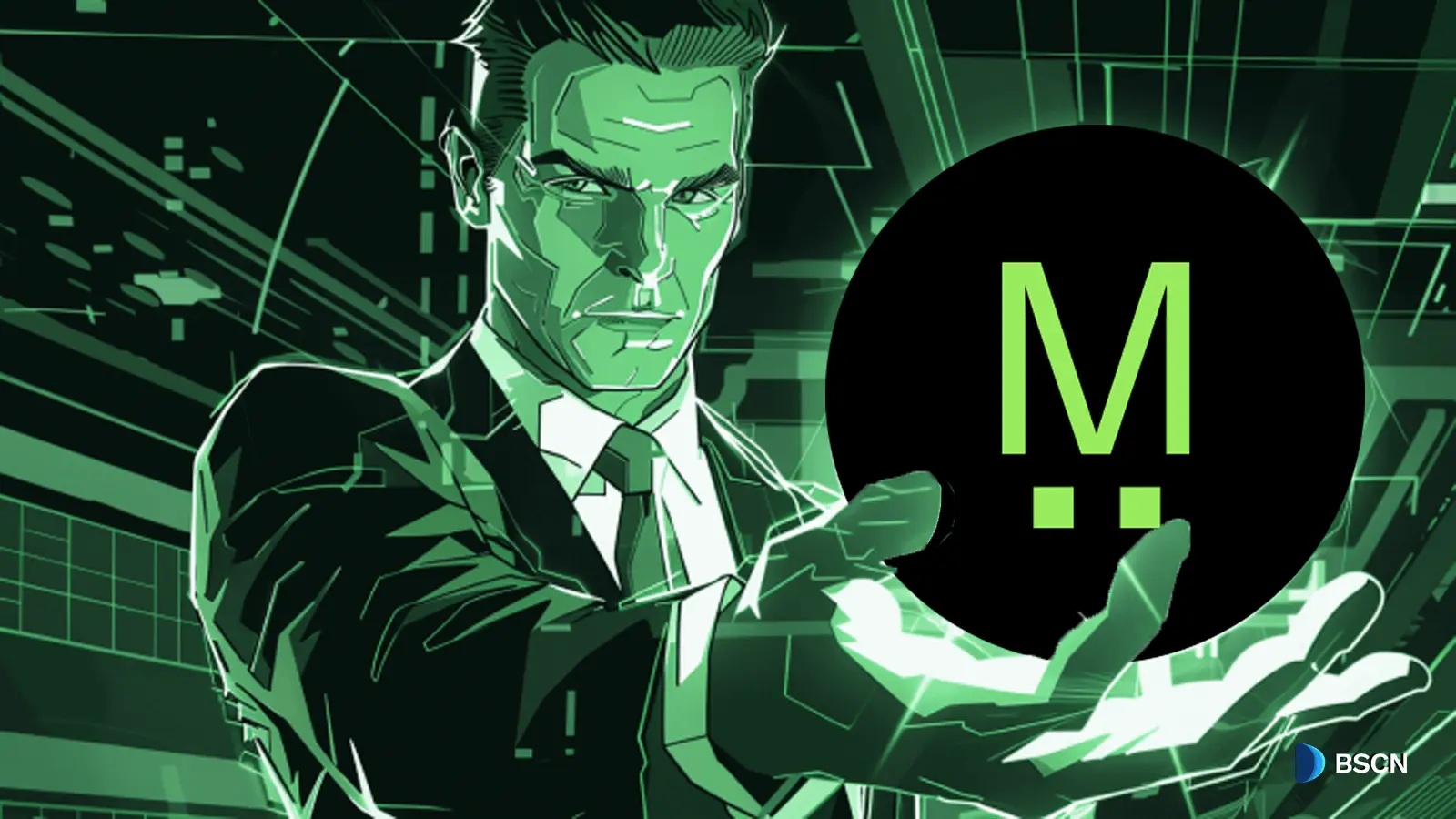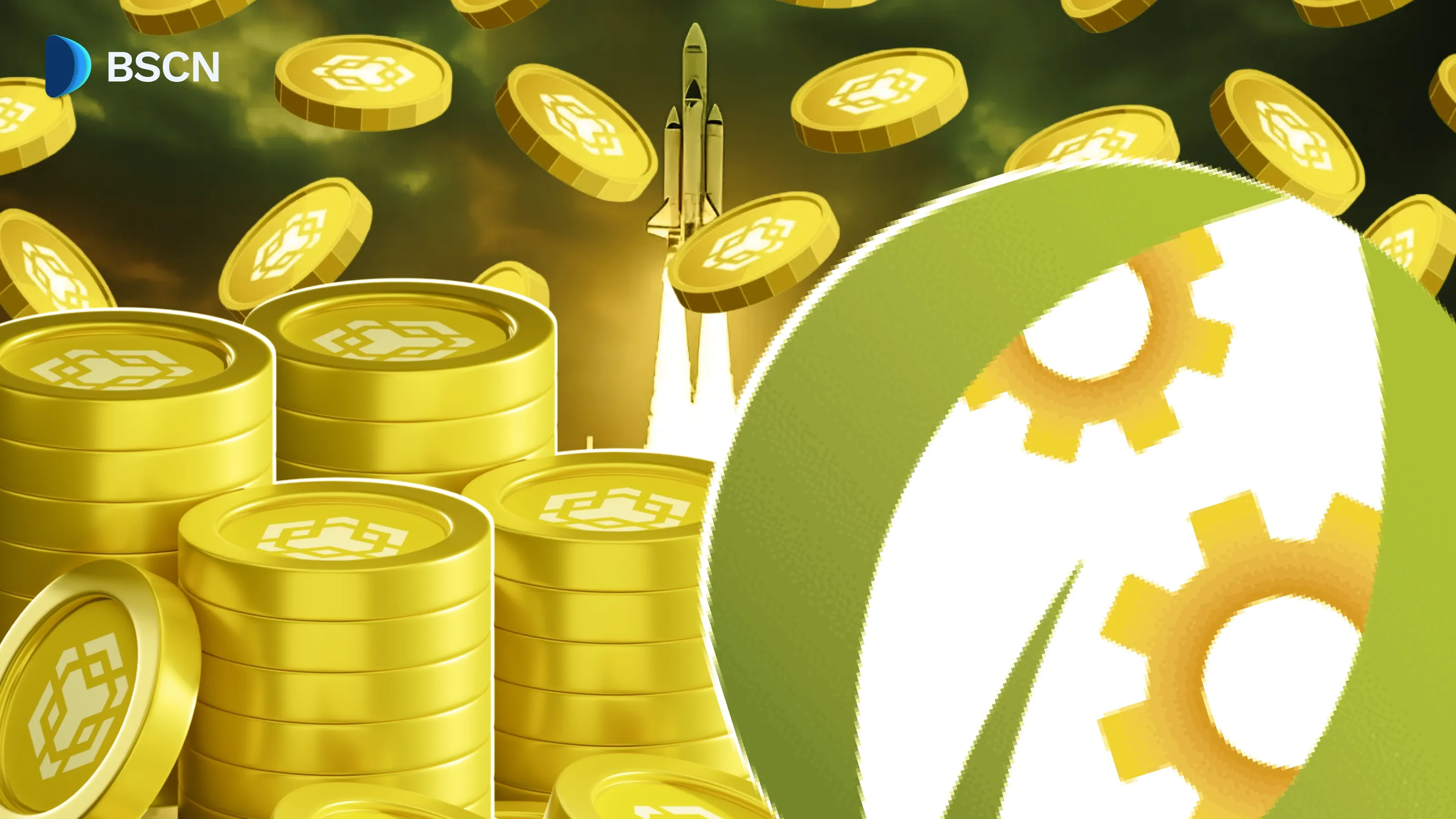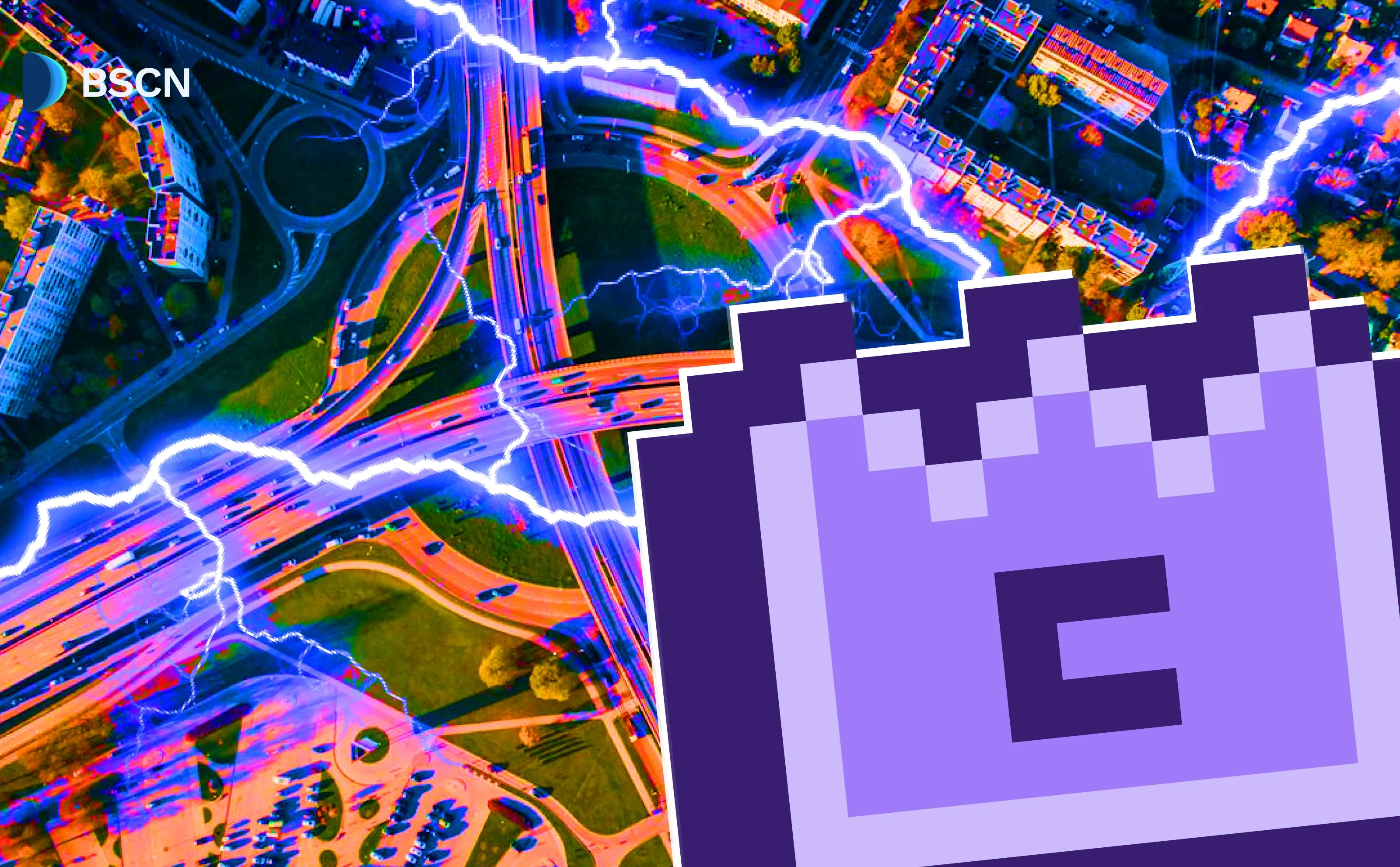ETH
What is Vitalik Buterin-Inspired MegaETH?

Inspired by Ethereum co-founder Vitalik Buterin’s vision, MegaETH addresses scalability issues like the "Straggler problem" through a heterogeneous blockchain architecture.
BSCN
July 15, 2024
MegaLabs has introduced MegaETH, a blockchain that aims to revolutionize transaction processing in the crypto world. Backed by a successful $20 million seed funding round, MegaETH promises real-time transaction processing, a feat that could bring Web2-level performance to blockchain technology.
MegaETH is designed to be the first real-time blockchain globally. Unlike traditional blockchains, which batch and process transactions in blocks, MegaETH reportedly processes each transaction as it arrives, updating the blockchain in real-time. This capability is expected to overcome the performance limitations that have hindered blockchain scalability and adoption.
Key Features of MegaETH
EVM Compatibility: MegaETH supports the Ethereum Virtual Machine (EVM), allowing developers to deploy Ethereum-based smart contracts on the new platform seamlessly.
High Transaction Throughput: The blockchain is designed to handle a high volume of transactions per second, making it suitable for applications requiring rapid processing.
Abundant Compute Capacity: MegaETH leverages advanced computing resources to ensure efficient transaction processing.
Millisecond-Level Response Times: The platform aims to deliver extremely low latency, making it ideal for real-time applications such as high-frequency trading.
How MegaETH Works
Role Specialization in MegaETH
MegaETH employs a unique approach to transaction processing by leveraging Ethereum’s Layer 2 (L2) technology. This involves assigning specialized roles to its nodes, which decentralizes transaction processing while maintaining high performance.
Sequencers: These nodes handle transaction execution and state updates, ensuring that transactions are processed promptly.
Provers: These nodes validate blocks through cryptographic proofs, enhancing the blockchain's security and reliability.
This role specialization allows MegaETH to optimize real-time applications and overcome scalability challenges that have plagued other blockchains.
MegaETH reportedly addresses several key issues that have limited blockchain scalability and performance:
Solving the Straggler Problem
One of the significant challenges in blockchain scalability is the “Straggler problem.” This occurs when slow nodes delay the block production process. In a traditional blockchain setup, a block is finalized only after a majority of nodes have processed it. If some nodes are slow due to hardware limitations or technical issues, the entire process is slowed down.
MegaETH tackles this problem through its heterogeneous blockchain architecture. This approach allows network nodes with different hardware configurations to specialize in specific tasks, boosting overall performance.
Additionally, MegaETH employs a hyper-optimized EVM execution environment, pushing throughput, latency, and resource efficiency to hardware limits.
Inspired by Vitalik Buterin's Vision
The concept of MegaETH draws inspiration from Ethereum co-founder Vitalik Buterin’s 2021 blog post, "Endgame," which discussed scaling Ethereum. Buterin's insights into solving scalability issues have influenced MegaETH’s development, aiming to create a blockchain capable of real-time transaction processing.
MegaLabs plans to launch a testnet for MegaETH in the coming months, marking a significant step towards its full deployment. The successful seed funding round, led by Dragonfly and supported by notable investors such as Vitalik Buterin, Joseph Lubin, and Sreeram Kannan, provides a solid foundation for MegaETH's development and future growth.
Disclaimer
Disclaimer: The views expressed in this article do not necessarily represent the views of BSCN. The information provided in this article is for educational and entertainment purposes only and should not be construed as investment advice, or advice of any kind. BSCN assumes no responsibility for any investment decisions made based on the information provided in this article. If you believe that the article should be amended, please reach out to the BSCN team by emailing [email protected].
Latest News
Crypto Project & Token Reviews
Project & Token Reviews
Comprehensive reviews of crypto's most interesting projects and assets
Learn about the hottest projects & tokens
Latest Crypto News
Get up to date with the latest crypto news stories and events








